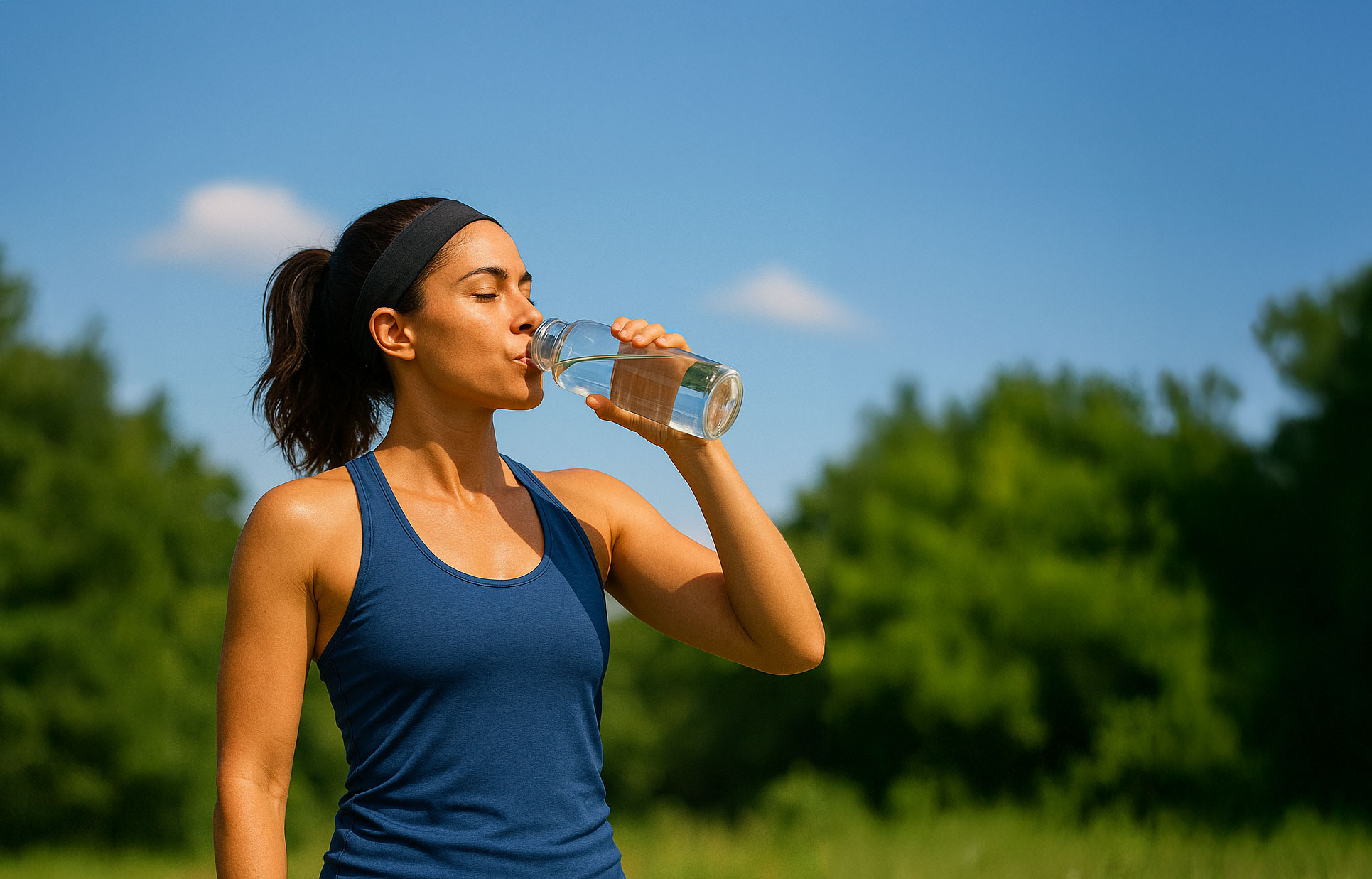Water purification is a process that removes various types of contamination from water such as suspended particles, bacteria, viruses, parasites, fungi, and a number of other substances that may be dissolved with the liquid such as chemicals and minerals. It can help to improve the quality of the water including its clarity, flavor, odor, and safety.
Simply looking at your water isn’t enough to know how clean it is. Even water that looks clear in a glass may hold any number of contaminants. Special water purification systems are often the only thing that can truly eliminate these issues, as even boiling and activated carbon filters are often insufficient to remove them. If you have not yet had your water tested, you may wish to do so to investigate the types of contamination it may contain.
With the increasing levels of pollution in our world, tap water is becoming ever more difficult to purify on the large scale. This is encouraging many homeowners and business owners to invest in their own private water purification systems instead of relying on the public treatment exclusively.
This helps to make sure that even if the water has been deemed safe by the local testing authority, any impurities that may remain (or that may have been picked up in the pipes between the municipal facility and the tap) will be removed before they are added to your drinking water, food, skin, or clothing.
Though water purification systems are most popular in areas where fresh water is not available in abundance, they are also now becoming increasingly popular in less rural locations as people are finding that they trust their town or city’s water treatment facilities to be inadequate.
The process is primarily designed to make sure that harmful microorganisms will be killed and/or removed, which will significantly reduce the risk of illness that would result from drinking in-pure water. However, purification also works to remove minerals such as iron, manganese, sulfur, and calcium which can leave deposits on pipes, sinks, tubs, and toilets, cause appliances to run less efficiently, and even lead to irritation on the skin and eyes. Moreover, water purification can help to remove common polluting agents such as synthetic chemicals and various forms of chemical soil fertilizers.
There are many kinds of water purification systems, so it is recommended that you speak with a professional before you choose the right one for your home or business. This will help you to assure you that your family, employees, and/or coworkers will have the safest water to use for drinking, cooking, cleaning, and for many other purposes.



